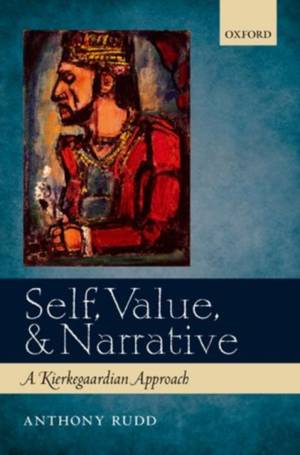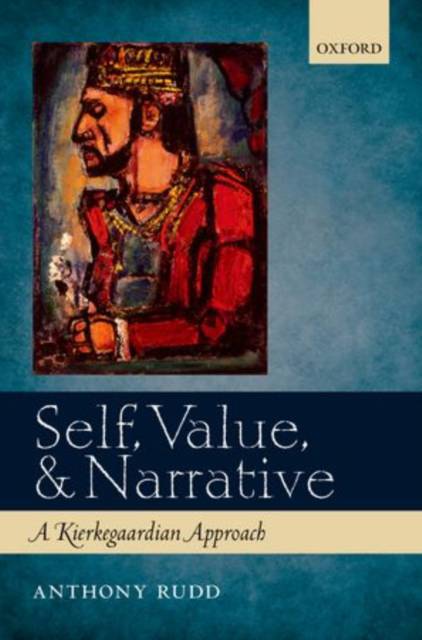
- Afhalen na 1 uur in een winkel met voorraad
- Gratis thuislevering in België vanaf € 30
- Ruim aanbod met 7 miljoen producten
- Afhalen na 1 uur in een winkel met voorraad
- Gratis thuislevering in België vanaf € 30
- Ruim aanbod met 7 miljoen producten
Zoeken
€ 134,45
+ 268 punten
Omschrijving
In Self, Value, and Narrative, Anthony Rudd defends a series of interrelated claims about the nature of the self. He argues that the self is not simply a given entity, but a being that constitutes or shapes itself. But it can only do this non-arbitrarily if it has a sense of the good by which it can be guided as it chooses to endorse some of its desires or dispositions and repudiate others. This means that there is an essentially ethical or evaluative dimension to selfhood, and one which has an essentially teleological character. Such self-constitution takes place in narrative terms, through one's telling--and, more importantly, living--one's own story. Versions of some or all of these ideas have been developed by various influential writers (including Frankfurt, Korsgaard, MacIntyre, Ricoeur, and Taylor) but Rudd develops these ideas in a way that is importantly different from others familiar in the literature. He takes his main inspiration from Kierkegaard's account of the
self, and argues (controversially) that this account belongs in the Platonic rather than the Aristotelian tradition of teleological thinking. Through close engagement with much contemporary philosophical work, Rudd presents a convincing case for an ancient and currently unfashionable view: that the polarities and tensions that are constitutive of selfhood can only be reconciled through an orientation of the self as a whole to an objective Good.
self, and argues (controversially) that this account belongs in the Platonic rather than the Aristotelian tradition of teleological thinking. Through close engagement with much contemporary philosophical work, Rudd presents a convincing case for an ancient and currently unfashionable view: that the polarities and tensions that are constitutive of selfhood can only be reconciled through an orientation of the self as a whole to an objective Good.
Specificaties
Betrokkenen
- Auteur(s):
- Uitgeverij:
Inhoud
- Aantal bladzijden:
- 288
- Taal:
- Engels
Eigenschappen
- Productcode (EAN):
- 9780199660049
- Verschijningsdatum:
- 29/12/2012
- Uitvoering:
- Hardcover
- Formaat:
- Genaaid
- Afmetingen:
- 236 mm x 163 mm
- Gewicht:
- 575 g

Alleen bij Standaard Boekhandel
+ 268 punten op je klantenkaart van Standaard Boekhandel
Beoordelingen
We publiceren alleen reviews die voldoen aan de voorwaarden voor reviews. Bekijk onze voorwaarden voor reviews.











